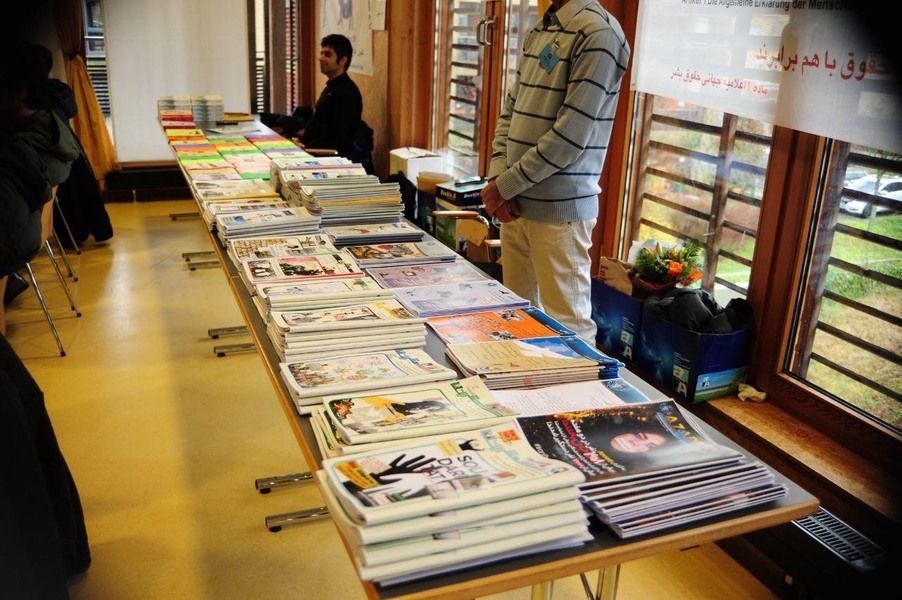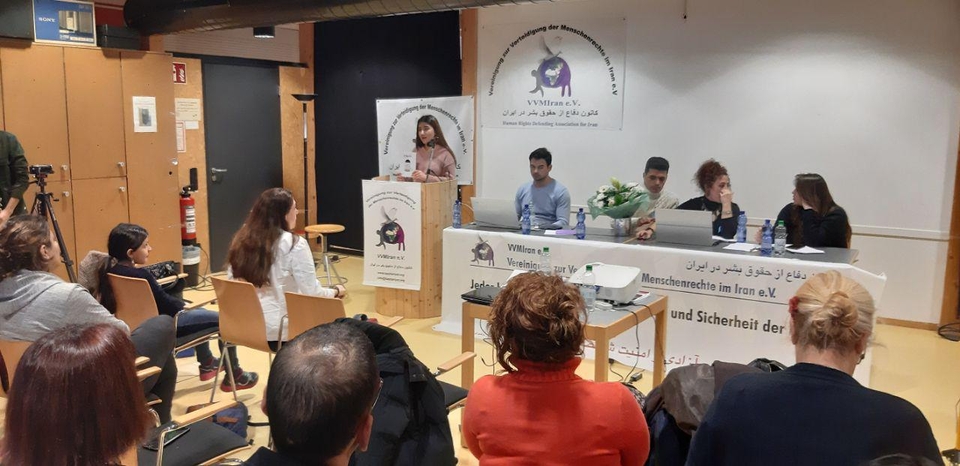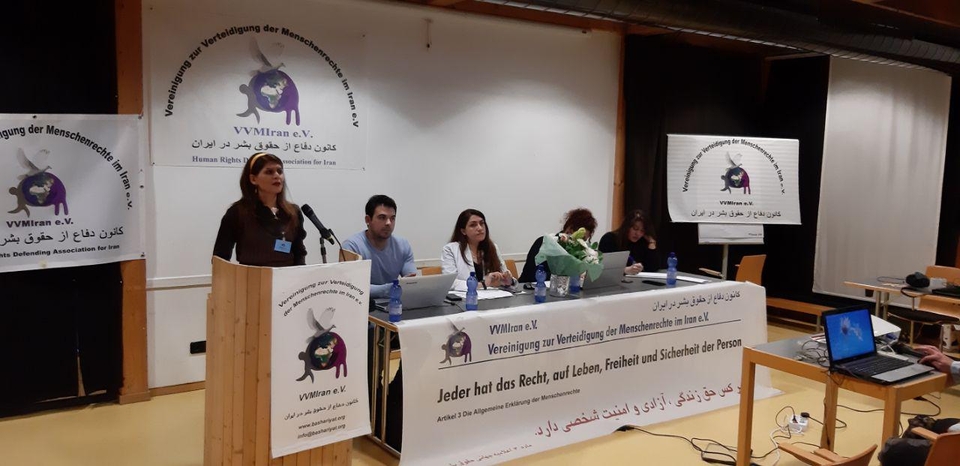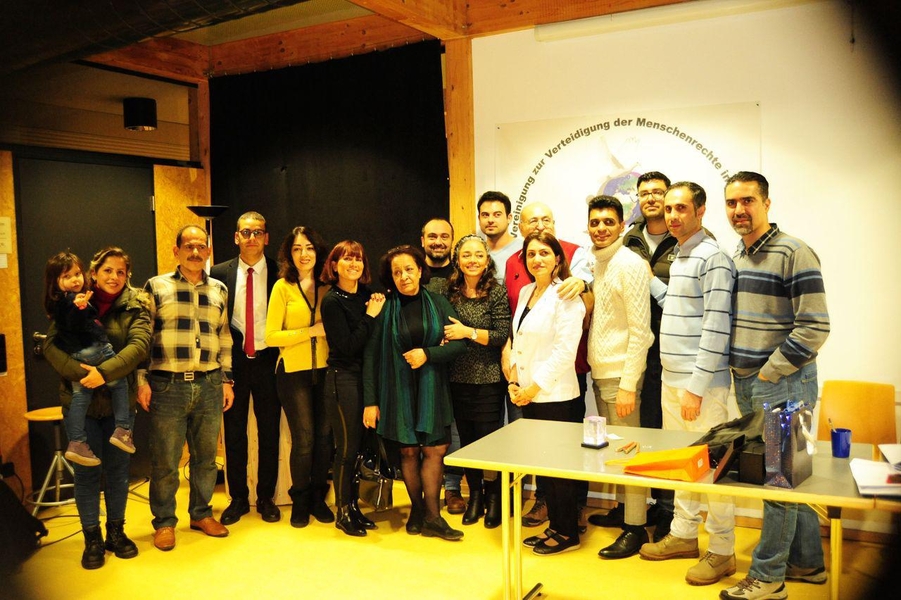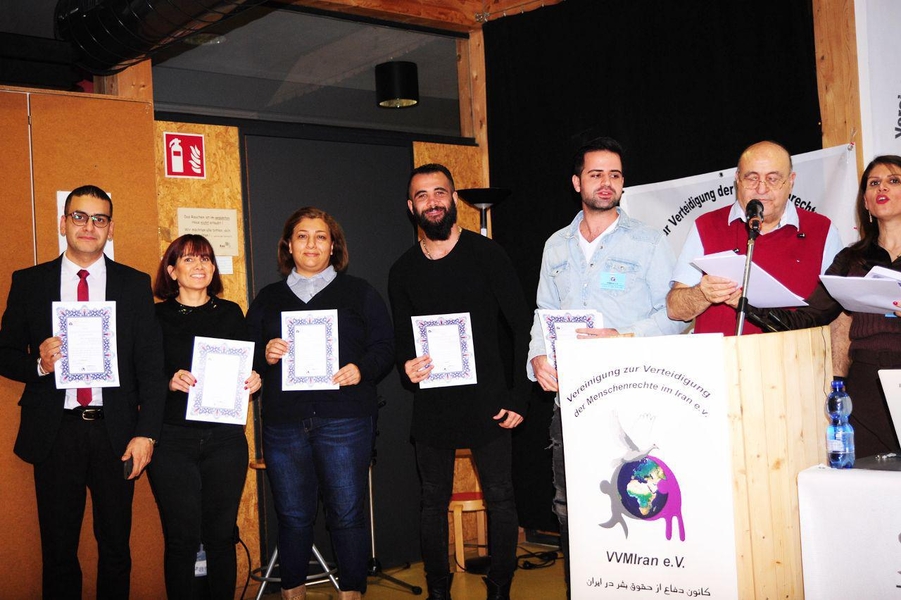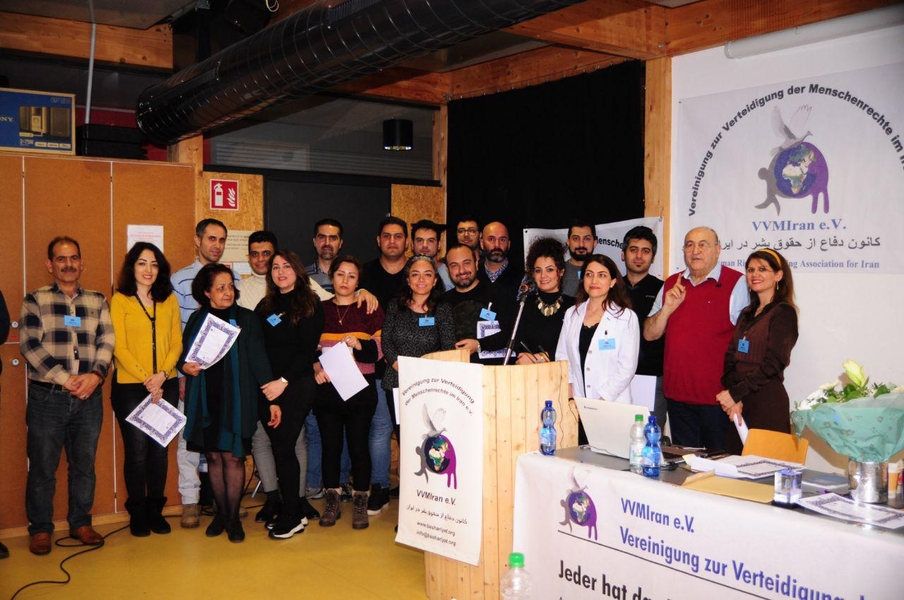Believers in circumcision, women are mutilated for:
Guarantee the purity of women, ensuring the health of mother and child is born, to remove bad odors and completing growth and, more importantly, control or reduce female libido.
But some research suggests that action was going on, the control sexual matters, in practice it has been aggravated because they are circumcised lack of sexual satisfaction, sexual satisfaction leads them to search.
But circumcision of women makes intercourse painful for them to reach orgasm.
But the mutilation of women and mental health of women and girls a negative effect.
But infections are also common after surgery
but in the long run reduce sexual pleasure, nerve pain, infection, urinary tract disorders, injury to other organs such as the consequences of circumcision is sexual psychological complications.
But circumcision of women, the risk of hepatitis B, HIV, and infection occurs and the virus easier.
But due to pelvic infections circumcised female fertility is affected.
Members of the Committee for the Defense of the Rights of the Child and Adolescent authorities once again to note that, in accordance with Articles 19, 24and 37 of the Convention on the Rights of the child should:
Article 19
1. States Parties shall take all appropriate legislative, administrative, social and educational measures to protect the child from all forms of physical or mental violence, injury or abuse, neglect or negligent treatment, maltreatment or exploitation, including sexual abuse, while in the care of parent(s), legal guardian(s) or any other person who has the care of the child.
2. Such protective measures should, as appropriate, include effective procedures for the establishment of social programmes to provide necessary support for the child and for those who have the care of the child, as well as for other forms of prevention and for identification, reporting, referral, investigation, treatment and follow-up of instances of child maltreatment described heretofore, and, as appropriate, for judicial involvement.
Article 24
1. States Parties recognize the right of the child to the enjoyment of the highest attainable standard of health and to facilities for the treatment of illness and rehabilitation of health. States Parties shall strive to ensure that no child is deprived of his or her right of access to such health care services.
2. States Parties shall pursue full implementation of this right and, in particular, shall take appropriate measures:
(a) To diminish infant and child mortality;
(b) To ensure the provision of necessary medical assistance and health care to all children with emphasis on the development of primary health care;
(c) To combat disease and malnutrition, including within the framework of primary health care, through, inter alia, the application of readily available technology and through the provision of adequate nutritious foods and clean drinking-water, taking into consideration the dangers and risks of environmental pollution;
(d) To ensure appropriate pre-natal and post-natal health care for mothers;
(e) To ensure that all segments of society, in particular parents and children, are informed, have access to education and are supported in the use of basic knowledge of child health and nutrition, the advantages of breastfeeding, hygiene and environmental sanitation and the prevention of accidents;
(f) To develop preventive health care, guidance for parents and family planning education and services.
3. States Parties shall take all effective and appropriate measures with a view to abolishing traditional practices prejudicial to the health of children.
4. States Parties undertake to promote and encourage international co-operation with a view to achieving progressively the full realization of the right recognized in the present article. In this regard, particular account shall be taken of the needs of developing countries.
Article 37
States Parties shall ensure that:
(a) No child shall be subjected to torture or other cruel, inhuman or degrading treatment or punishment. Neither capital punishment nor life imprisonment without possibility of release shall be imposed for offences committed by persons below eighteen years of age;
(b) No child shall be deprived of his or her liberty unlawfully or arbitrarily. The arrest, detention or imprisonment of a child shall be in conformity with the law and shall be used only as a measure of last resort and for the shortest appropriate period of time;
(c) Every child deprived of liberty shall be treated with humanity and respect for the inherent dignity of the human person, and in a manner which takes into account the needs of persons of his or her age. In particular, every child deprived of liberty shall be separated from adults unless it is considered in the child’s best interest not to do so and shall have the right to maintain contact with his or her family through correspondence and visits, save in exceptional circumstances;
(d) Every child deprived of his or her liberty shall have the right to prompt access to legal and other appropriate assistance, as well as the right to challenge the legality of the deprivation of his or her liberty before a court or other competent, independent and impartial authority, and to a prompt decision on any such action.
Center for Human Rights in Iran
Committee for the Defence of the Rights of the Child and Adolescent




